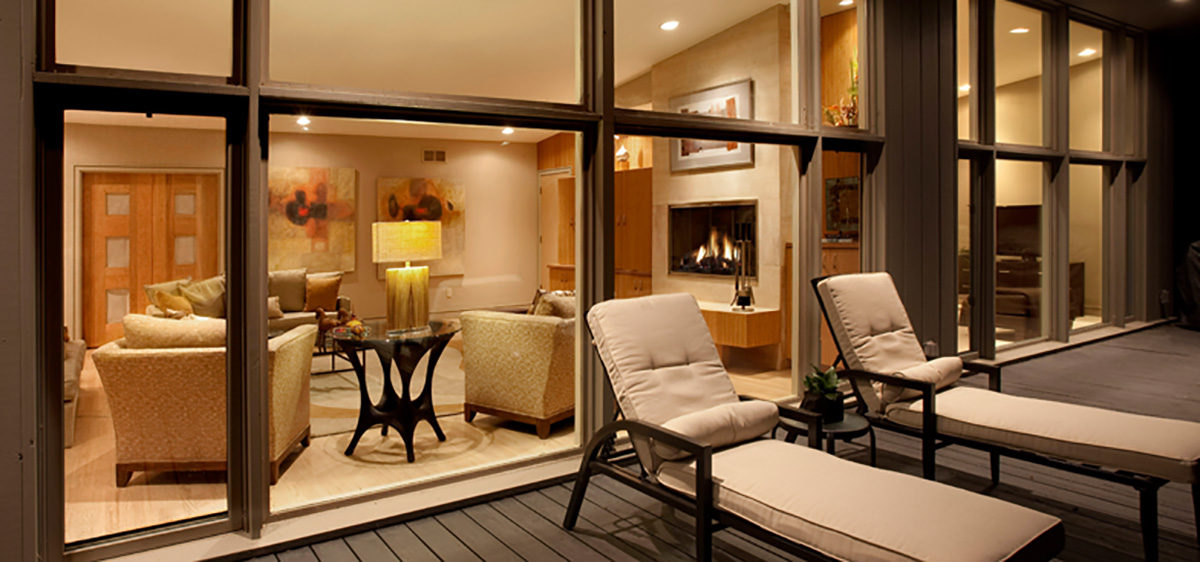Whether it’s in the frosty winter or scorching summer, windows are an essential part of making your home more comfortable while saving energy. As much as 50 percent of a home’s energy loss is through windows, specifically the glass, so they are critical to keeping your home comfortable and utility costs low.
You might have noticed that your home feels colder than usual, you can hear outside noise more easily, or maybe your furniture is looking a little faded. If so, it may be time to look for some new windows.
With so many different window options to choose from, where do you begin? If you’re in the market for new windows, here are some things you should know.
Window Construction and Design
Window frames can be made from various materials, each with their own pros and cons. What materials are best will depend on your needs and budget.
The design of the windows is another important factor to consider since windows play a significant role in the curb appeal of your home and can drastically change its appearance. The most common types of window frames are the following:
- Wood – Best for keeping conditioned air (heated or cooled) inside your house. Wood-framed windows provide more than 1,800 times the insulation of aluminum window frames.
- Aluminum – A commonly used window frame material due to its flexibility and low cost.
- Vinyl – These low-maintenance, durable windows are made to last, but don’t have the elegant look many homeowners want.
- Fiberglass – A more expensive option, but is incredibly sturdy and provides excellent insulation, making it one of the most energy-efficient options.
Along with the material, you will need to choose a glass that works best for you.
- Insulated Glass Units – Insulated glass units are also called IGUs or double pane windows. This type of window contains two pieces of glass separated by a layer of gas which improves energy efficiency. Your heating and cooling bill will be lower since the IGUs will maintain your desired inside air temperature reducing the need to use your heating or cooling systems. IGUs are some of the most popular types of windows installed in residential homes.
- Low-E Windows, The Energy Efficient Choice – The type of glass you choose is extremely important when you decide on which windows to purchase. Windows should keep drafts to a minimum, protect your home from water damage, and filter UV rays from coming in. You should consider Low-emissivity, also called “Low-E”. This type of glass will do an amazing job at minimizing how much infrared and UV light gets in your home, and they will save you a fortune in energy costs. These windows typically last 10-15 years, so they are well worth the investment.
Don’t Forget About Installation
A window is only as good as its installation. Since installation can be complicated, it is best to have this done by a professional. If your windows are not properly installed, they will not protect your home from the elements. The way a window should be installed varies based on the window’s material and the overall construction of the house. Windows are an important investment in the look, comfort and efficiency of your home. If you need help deciding which windows are best for you, we are here to help. We will take a look at your practical needs as well as your aesthetic needs when helping you choose a window. Once you have that figured out, will be there to install them for you properly.
To get the process started, contact us. We are here to help!
YOUR VISION…OUR FOCUS
